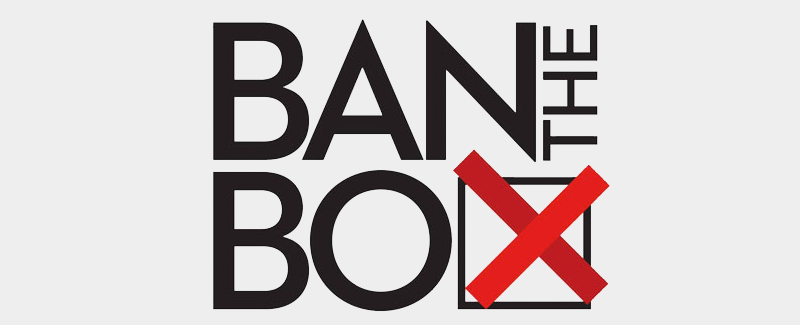
Ban the Box: Employment for Ex-Offenders
Alyssa Krause was growing frustrated with the job search process. She had recently applied to become a home health practitioner after being employed as a nurse in a San Antonio hospital for over seven years.

Alyssa Krause was growing frustrated with the job search process. She had recently applied to become a home health practitioner after being employed as a nurse in a San Antonio hospital for over seven years.
Alyssa Krause was growing frustrated with the job search process. She had recently applied to become a home health practitioner after being employed as a nurse in a San Antonio hospital for over seven years. Krause's application was denied, and she was sent a copy of her background check along with a letter explaining that her criminal history was the reason for the denial.
The frustrating part for Krause was that she had not committed any offenses in over seventeen years. She was charged with a misdemeanor for shoplifting over 20 years ago, and another misdemeanor for trespassing while she was in college about seventeen years ago. She posed little risk to any employer, and her previous experience as a nurse made her well qualified for the position.
More than 70 million people in the United States have a criminal record. That means there are over 70 million Americans who are at risk of going through the same challenges that Alyssa Krause faced when seeking employment. With about 10,000 adults being added to that list every day, the public needs answers to their concerns about employment.
Recently, a policy is known as "ban the box" has been gaining traction in local legislatures. Over 45 cities have adopted the policy in their public employment practices. "Ban the box" seeks to protect ex-offenders by making background checks less of a focus during the job application process. Specifically, employers are requested to not ask questions about criminal history on the initial application for a job. Instead, employers would run a background check only once it is determined that an applicant is qualified enough for the job.
The "ban the box" movement helps prevent qualified applicants, like Krause, from getting weeded out of the job search process simply because they have a criminal record. Currently, about 50 percent of people who admit to having criminal histories on their application never receive a callback or response from the employer. This prevents many qualified applicants from ever making traction in their job search.
In order to fully and legally hide a criminal record from a prospective employer, it requires an expunction or a non-disclosure. The idea behind "ban the box" isn't to hide records. It simply seeks to place less of an emphasis on an applicant's criminal history so that ex-offenders who don't pose a serious risk to employers can more easily get jobs.
"The ban opens up more employment opportunities because people with criminal records don't get screened out," said Alan Rosenthal, a consultant from the Center for Community Alternatives. "People get judged by their ability, not their past."